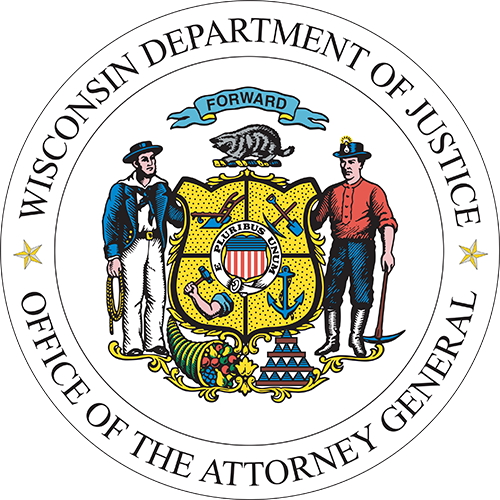Attorney General Kaul Joins FTC in Taking Action Against Allegedly Fraudulent Charity for Deceiving Donors
Complaint charges Women’s Cancer Fund and Gregory Anderson with raising more than $18 million from donors, with only 1% going to financial support for cancer patients
MADISON, Wis. – Attorney General Josh Kaul, along with the Federal Trade Commission and nine other states, are suing the Cancer Recovery Foundation International, also known as Women’s Cancer Fund, and its operator, Gregory B. Anderson, for deceiving generous donors who sought to offer financial support to women battling cancer and their families.
In a complaint filed in federal court, the Wisconsin Department of Justice and its partners allege that, from 2017 to 2022, Women’s Cancer Fund collected more than $18 million from donors. The defendant claimed that it would use the donated funds to help women who were undergoing treatment for cancer and their families pay for basic needs. Instead, the complaint charges, only about a penny of every dollar donated went to provide such support, while the overwhelming majority went to pay for-profit fundraisers and Anderson.
“Cancer Recovery Foundation International and Anderson abused the generosity of American donors in the most egregious way” said Samuel Levine, Director of the FTC’s Bureau of Consumer Protection. “The FTC is committed to aggressively pursuing such illegal conduct, which hurts donors and deprives legitimate charities of needed funding. We are grateful to our state partners for joining in this effort to protect the public.
According to the complaint, fundraisers for Women’s Cancer Fund told prospective donors that their gifts would “help save lives” and “directly help patients with basic living expenses.” But the group’s tax filings and records tell a different story, the complaint alleges.
While Women’s Cancer Fund collected $18 million from tens of thousands of donors between 2017 and 2022, it only spent $194,809 on financial support to cancer patients. At the same time, it paid Anderson $775,139 – nearly four times as much as Women’s Cancer Fund collectively gave to all the cancer patients it supported. In addition to his salary, Anderson also used donated funds for various costly expenses, such as hotels and travel. Meanwhile Women’s Cancer Fund gave the vast majority of the funds it collected from donors, about 85%, to for-profit fundraisers that Anderson hired to make deceptive pitches on behalf of the supposed cancer fund.
Wisconsin DOJ and the FTC in 2021 sued two of the fundraising companies, Associated Community Services and Directele, hired by Women’s Cancer Fund for deceptive fundraising. The complaint in the latest action alleges that those enforcement actions did not deter Anderson, who went on to hire other fundraisers to make similar deceptive claims on behalf of the Women’s Cancer Fund.
The complaint, which was filed by the FTC along with the attorneys general and/or secretaries of state of California, Florida, Maryland, Massachusetts, North Carolina, Oklahoma, Oregon, Texas, Virginia, and Wisconsin, alleges that Women’s Cancer Fund and Anderson violated the FTC Act, the Telemarketing Sales Rule, and state consumer protection laws.
Consumers looking for more information about how to donate safely and avoid charity scams can find it on the FTC’s website. In Wisconsin, the public can find information about charities or report a potential charitable organization violation with the state Department of Financial Institutions online, or by contacting it at DFICharitableOrgs@dfi.wisconsin.gov or 608-267-1711.
NOTE: The Commission files a complaint when it has “reason to believe” that the named defendants are violating or are about to violate the law and it appears to the Commission that a proceeding is in the public interest. The case will be decided by the court.
The Federal Trade Commission works to promote competition, stop deceptive and unfair business practices and scams, and educate consumers. Report fraud, scams, or bad business practices at ReportFraud.ftc.gov. Get consumer advice at consumer.ftc.gov. Also, follow the FTC on social media, subscribe to press releases, and read the FTC’s blogs.
A pdf of the release can be found on the DOJ website here.
NOTE: This press release was submitted to Urban Milwaukee and was not written by an Urban Milwaukee writer. While it is believed to be reliable, Urban Milwaukee does not guarantee its accuracy or completeness.
Recent Press Releases by Wisconsin Department of Justice
AG Kaul and Coalition Announce Trump Administrations Decision to Drop Appeal of Court Order Blocking Illegal Conditioning of Transportation Grant Funding
Jan 14th, 2026 by Wisconsin Department of JusticePending court approval, case will be fully and permanently resolved in Wisconsin’s favor




















